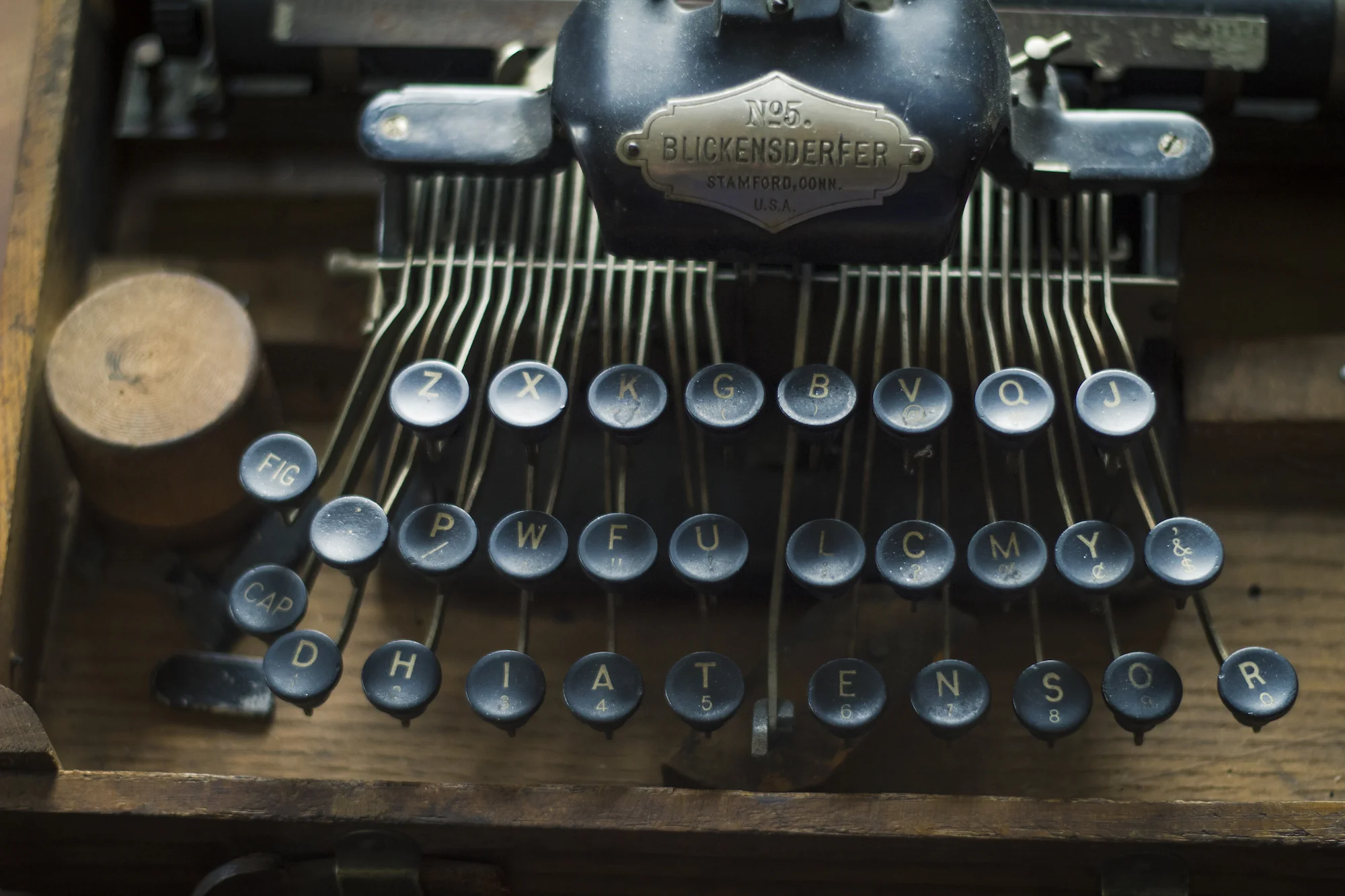Last Friday night, I was behind on my work, and while everyone at the office trekked down to Houston to catch a very expensive Police reunion show, I stayed behind and got several extra hours of video editing done. At about 10:30, I had about had it with staring at computer screens, so I wandered over to the little theater across the street to watch a movie. The only movie I hadn't seen that I had any interest in was Evening, a 'looking back on your past', period drama-type movie so middle-aged-woman-oriented that it made On Golden Pond look like Mean Girls. I grabbed a coffee and bought a ticket from the automated teller so that I wouldn't have to face an actual person.
I filed into the theater with about 47 middle aged women, maybe six of which had managed to drag their husbands, as well as two young teen girls who I could only imagine were die-hard Claire Danes fans. I had somehow had the foresight to carry a newspaper into the theater with me, and since I was getting some bewildered looks from the people around me, I spent most of my time before the movie started looking around the theater and pretending to make copious note on an imaginary pad of paper inside the paper. I figured at least some people would buy that I was a local movie reviewer, at any rate, people stopped looking over at me, possibly because they figured it impolite to stare at a lone man pretending to make notes in a newspaper.
Since I spend so much time faking, I might as well review the film for real: It's good but unremarkable. It's directed by first-time Hungarian director Lajos Koltai, who's spent the last 40 years of his life as a European director of photography, and the mastery of his visual craft is apparent; the film's rocky oceanside location is breathtaking, and Koltai gets all Days of Heaven on us as often as possible, a good many scenes (generally the unimportant ones that have no other purpose) are shot at golden hour. But I read him as a first-time-out-director during the first reel of this movie. You could just see it.
The movie is written as a performance piece, and the actors rise to the challenge as best they can, but the script never really makes that much sense, and there's a bewildering disconnect to their actions from scene to scene. Fortunately, the actors involved are pros without comparison: Danes, Glenn Close, Meryl Streep, Vanessa Redgrave, Toni Collette, Eileen Atkins, etc. You can't shake this crew, they can make you believe anything. And so you buy the whole movie, even though there's no real reason to.
Amidst the steady and cautiously emotional performances are two actors who unequivocally give their roles everything they possibly can. The first, Hugh Dancy, fills his role of the alcoholic little brother with tragic pathos and a decidedly Quixotic passion for greatness. He played the best drunk I've ever seen, sweating and swearing his desperate way through each scene, stealing every single one them.
The other is Mamie Gummer, who as far as I can tell was cast purely because she's Meryl Streep's daughter and is therefore capable of playing her younger version in a story that jumps back and forth through time. But Gummer turns out to be the real star of the show, bringing a refreshing earnest joy to every moment she's on screen. I'll be very disappointed of this film doesn't land her a lot of very good roles. She needs to be in more movies.
I mentioned to Kate that I'd gone out and seen Evening all by myself, and mentioned that I spent a good deal of the time wondering if doing so was the gayest thing I'd ever done.
"I don't know anything about it. Who's in it?"
"Uh... Glenn Close, Meryl Streep, Claire Danes, Toni Collette, Vanessa Redgr-"
Kate cut me off. "Short of actually having sex with another man, that's the gayest thing you could ever possibly have done."


